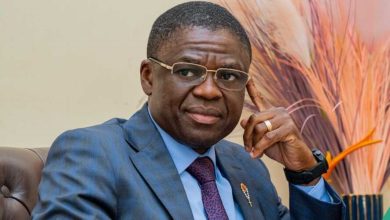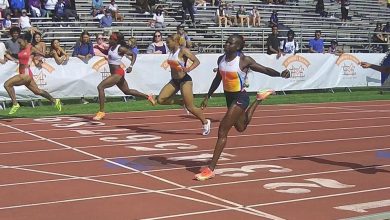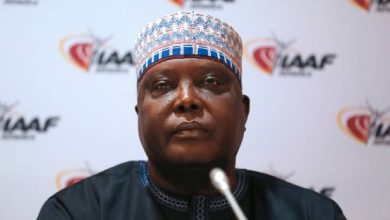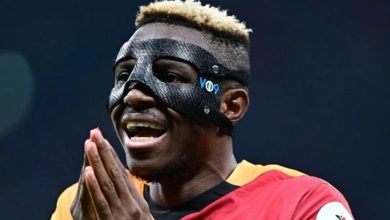Nigeria mourns former President Buhari, architect of Sports revival
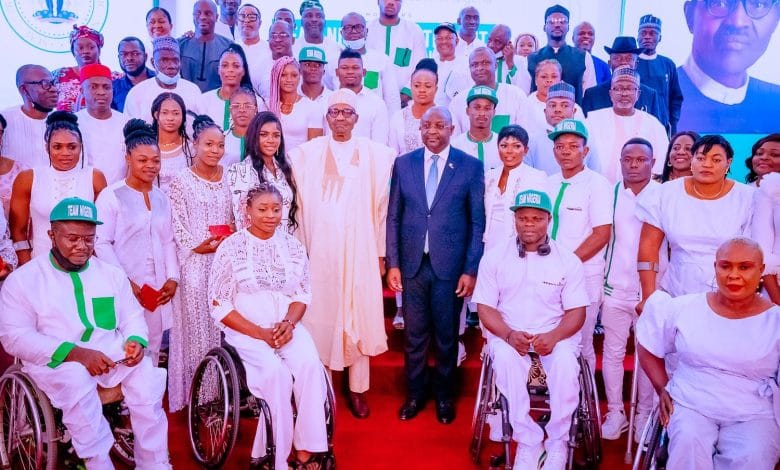
Nigeria is mourning the passing of its former President, Muhammadu Buhari, who died peacefully on Sunday afternoon in a hospital in the United Kingdom. He was 82.
Buhari, who served as Nigeria’s democratically elected president from 2015 to 2023, leaves behind a complex but impactful legacy—one that extended beyond politics and governance into the realm of sports development, where his administration oversaw some of the most transformative moments in recent Nigerian history.
Under Buhari’s leadership, Nigeria witnessed the renovation of key national stadiums, including the Moshood Abiola National Stadium in Abuja and the National Stadium in Surulere, Lagos, through public-private partnerships. These upgrades restored pride in national sports venues and provided athletes with world-class facilities for training and competition.
The Buhari era saw the rise of D’Tigress, Nigeria’s women’s basketball team, who won back-to-back AfroBasket titles in 2017 and 2019, and became the first African team to reach the quarterfinals of the FIBA Women’s World Cup in 2018. Their success was a testament to the administration’s support for female athletes and team sports.
In athletics, Nigeria’s stars shone brightly. Tobi Amusan, Ese Brume, and Chukwuebuka Enekwechi emerged as global contenders, with Amusan eventually becoming a world record holder in the 100m hurdles. The Buhari administration supported their rise through improved funding and international exposure.
While the Super Eagles struggled to replicate past glories—missing out on the 2022 FIFA World Cup and falling short in AFCON campaigns—the Super Falcons continued their dominance, winning the Africa Women Cup of Nations in 2016 and 20181. Nigeria also hosted a FIFA Executive Football Summit in 2018, reinforcing its status as a continental football powerhouse.
Nigeria recorded its best-ever gold medal haul at the 2016 Paralympic Games, and the National Sports Festival was revived in 2018 after a six-year hiatus. Buhari’s administration also supported youth sports through initiatives like the National Youth Investment Fund, which included provisions for sports entrepreneurship.

